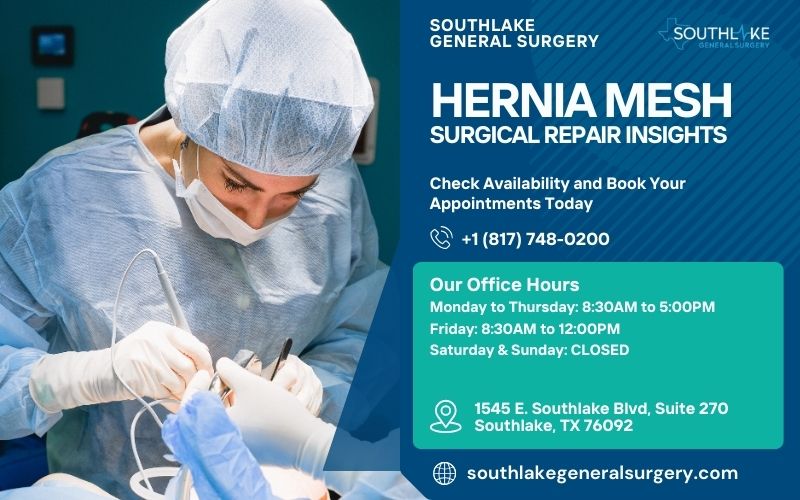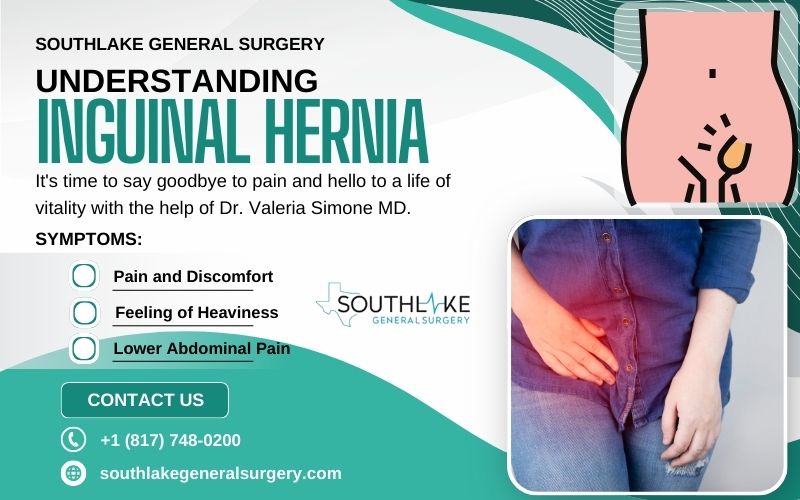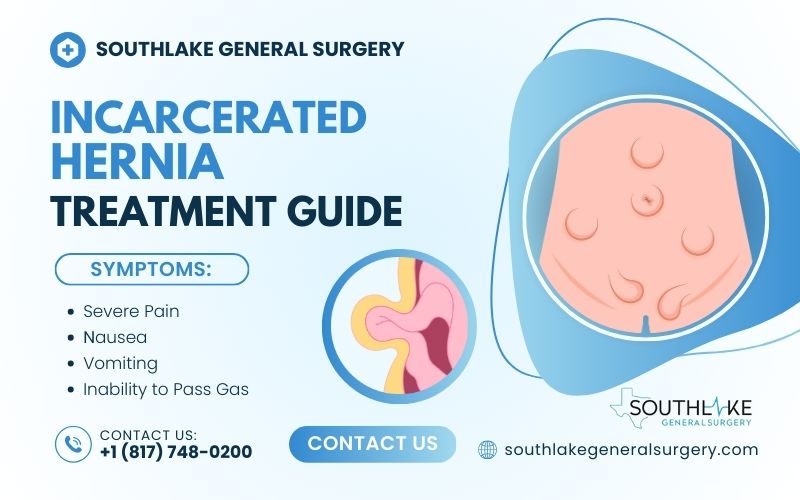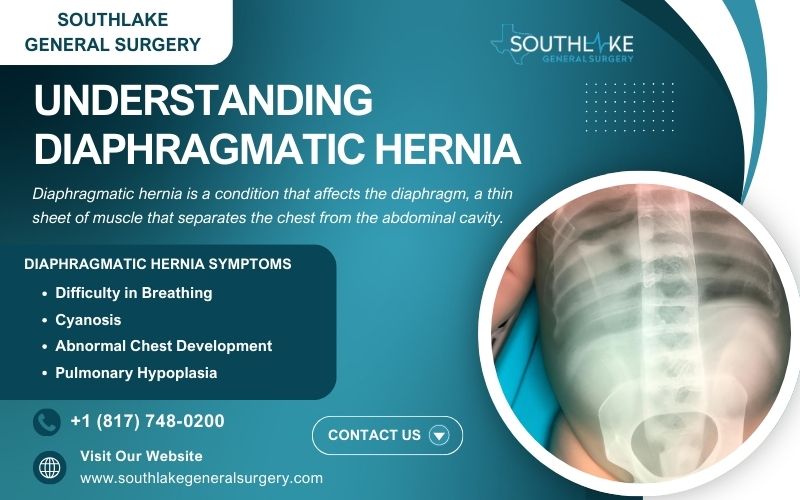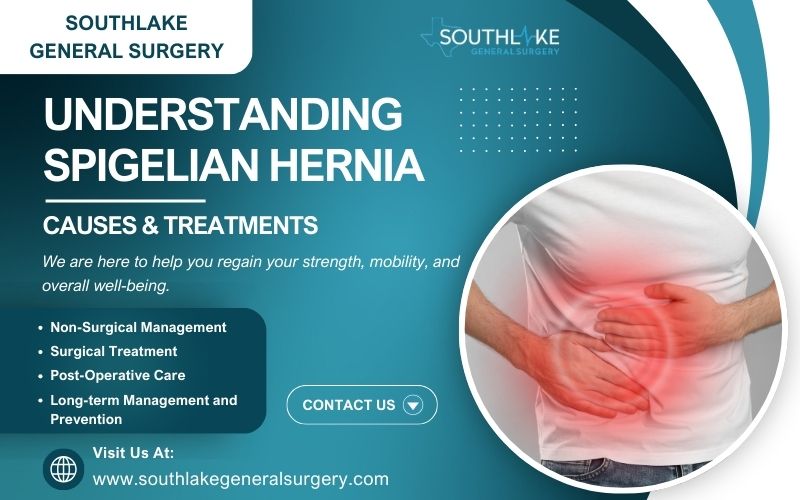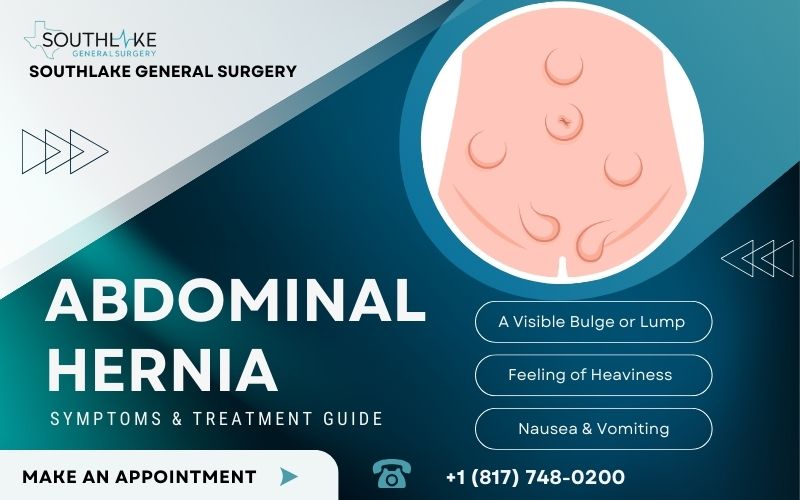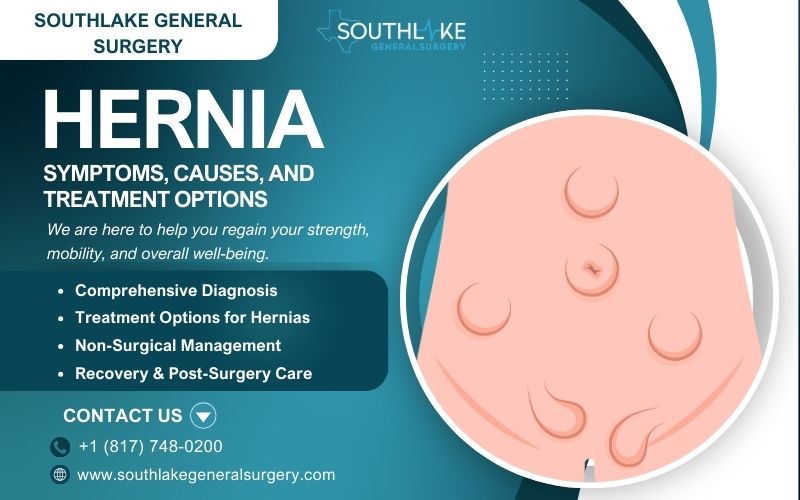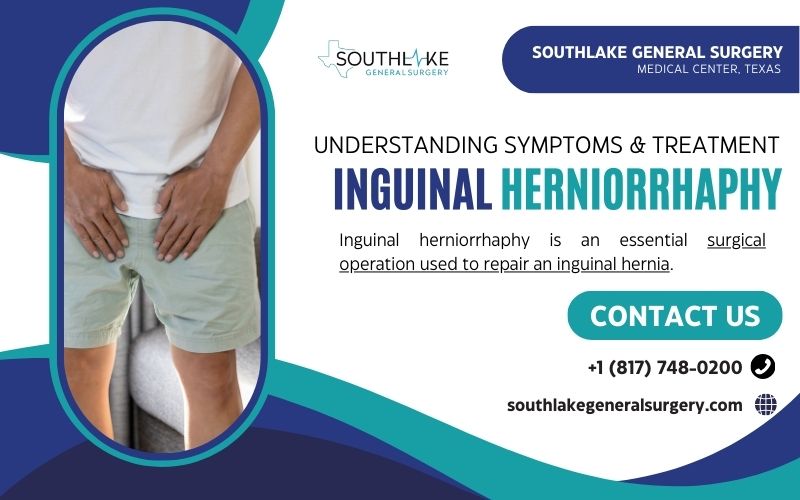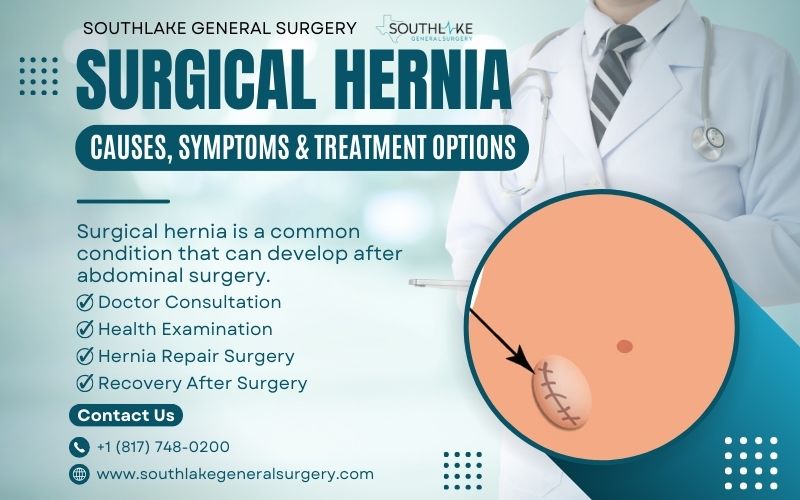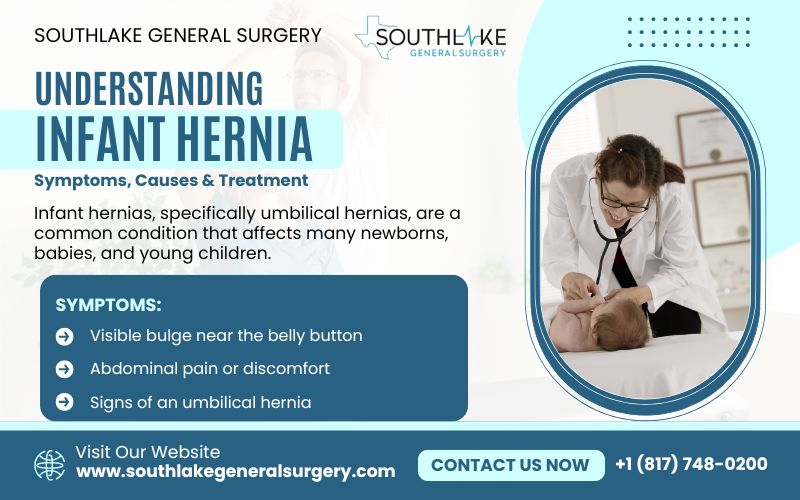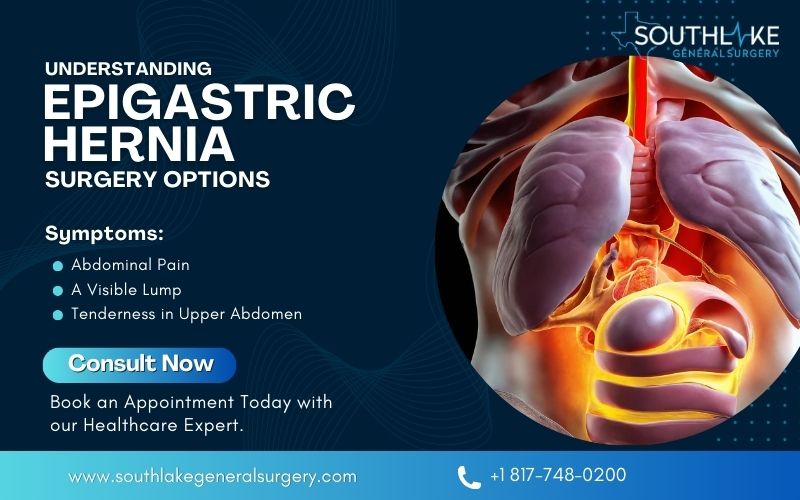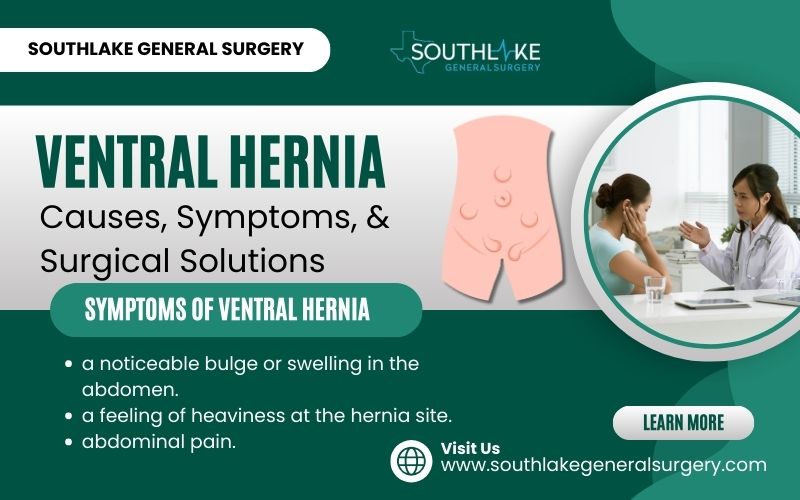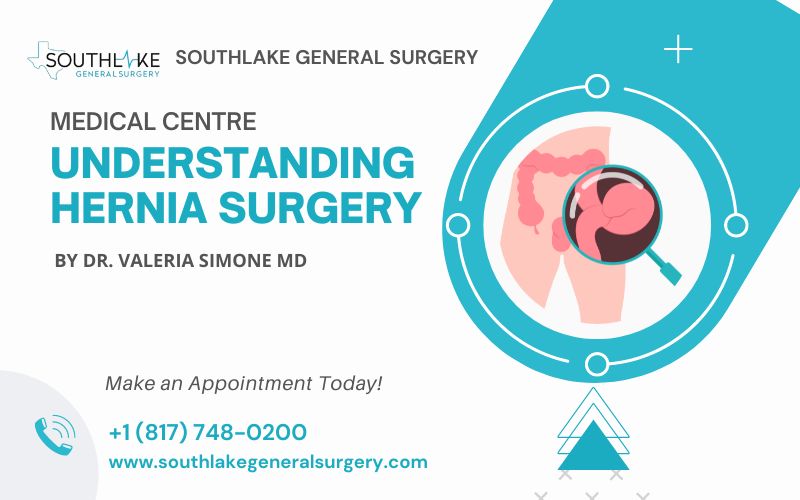Hernia mesh is a sterile, and adaptable substance specifically engineered for the effective repair of hernias. By strengthening weakened tissue, it helps to prevent recurrence and lessen discomfort. A medical breakthrough, hernia mesh reduces risks, quickens healing, and enhances patient results, alleviating suffering for millions across the globe.
Read More →
An inguinal hernia, often referred to as a groin hernia, is a common condition that many people encounter. When a piece of fatty tissue or a length of intestine pushes through a hole in the abdominal wall, it’s called a hernia. This issue typically arises in the inguinal canal, which is found in the groin area.
Read More →
Hernia surgery is a usual procedure. The procedure is performed to address a hernia. There are two main approaches to hernia repair: open surgery and laparoscopic surgery. Every approach presents distinct benefits and drawbacks, influencing aspects like recovery time, pain intensity, and cosmetic results.
Read More →
Incarcerated hernia is a condition in which abdominal organs or tissues protrude through a weak spot in the abdominal wall and become trapped. It is a common surgical emergency that requires prompt medical attention.
Read More →
Diaphragmatic hernia is a condition that affects the diaphragm, a thin sheet of muscle that separates the chest from the abdominal cavity. In normal development, the diaphragm is fully formed by 10 weeks of gestation.
Read More →
Female real hernia surgery can often be misunderstood or overlooked in women. It is important for females to be aware of the hernia symptoms and treatment options available for this condition.
Read More →
A strangulated hernia necessitates prompt medical intervention due to the gravity of the condition. Hernias happen when an organ or portion of an organ protrudes through the abdominal wall and gets stuck or when blood flow is interrupted to the herniated tissue.
Read More →
A Spigelian hernia is a type of ventral hernia that occurs when a weak spot or opening develops in the Spigelian fascia, a layer of tissue that separates two groups of abdominal muscles. These hernias are rare, accounting for only 0.12% to 2% of abdominal wall hernias.
Read More →
Abdominal hernia is common and happens when organs push through a weak spot in the abdominal wall. This can cause a visible bulge and discomfort. Hernias can occur in different areas of the abdomen or groin and are classified based on their location.
Read More →
Hernias are a prevalent medical condition that occurs when an organ or fatty tissue protrudes through a weakened area in the surrounding muscle or connective tissue. They can develop in various parts of the body, including the abdomen and groin area.
Read More →
Inguinal herniorrhaphy is an essential surgical operation used to repair an inguinal hernia. It plays a vital role in relieving symptoms and preventing complications.
Read More →
Surgical hernia is a common health condition that can develop after abdominal surgery. They occur when there is a weakening or opening in the abdominal wall, allowing tissue or organs to protrude.
Read More →
Infant hernia, specifically umbilical hernias, are a common condition that affects many newborns, babies, and young children. It occurs when part of the intestine protrudes through the opening in the abdominal muscles near the belly button (umbilicus).
Read More →
Epigastric hernia surgery may be necessary if the hernia is causing symptoms such as pain, discomfort, or difficulty with daily activities. The type of surgery recommended will depend on the size and location of the hernia, as well as the patient’s overall health.
Read More →
Ventral hernias are a prevalent issue where the intestines or other tissues protrude through a weak spot or opening in the abdominal wall. These hernias can cause discomfort, pain, and potential complications if left untreated.
Read More →
Hernia surgery is the most common treatment for hernias and is often the only remedy. Surgery involves repositioning the herniated tissue and reinforcing the weakened area with sutures or surgical mesh.
Read More →
